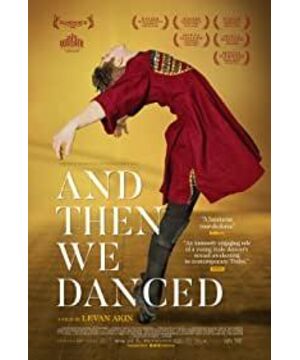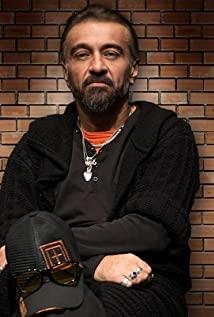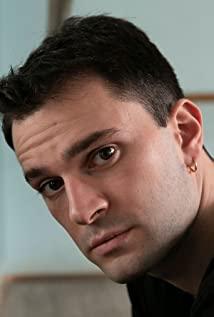I have never watched a Georgian movie before. Because of this movie, I curiously searched the cities where the protagonist is located, Tbilisi and Batumi, and was shocked by their beauty. In my impression, Tbilisi has only dark underground printing houses, or mountainous and drought like Afghanistan, and Batumi is even more unheard of. The photos recommended by Google Maps are as beautiful as the magical world, with steep cliffs, vast forests, a thousand-year-old cathedral, and highly saturated buildings. I can't wait to visit Georgia tomorrow.
Many places in the movie remind me of "Please call me by your name". The feminine male protagonist breaks through the shackles of his heart through unethical love, and the ending of the love is not so important. The difference is that one is through literature and art, and the other is through dance. The dance of the hero is so beautiful, and the romantic style of thin looks makes people want to stop after a glance. The entire film has a strong artistic temperament. The photography and lighting all reflect the director’s extremely high artistic level. Together with Georgia’s rich natural and cultural environment, the breathtaking Georgian folk dance makes me regret that I don’t have a life while watching it. In a country where music and art are part of everyday life.
Although the director is a descendant of Georgia who grew up in Sweden, the whole film is not the ethereal and brisk style of Northern Europe, but the melancholy and upright aesthetic style of the former Soviet Union. It may be filmed in Georgia with the film, but it is related to the heavy history of this ancient Caucasus country and the Soviet Union. The complicated relationship is related; the mottled dance rehearsal hall floor reminds me of Jia Zhangke's Twenty-Four Cities. What is more realistic than "Please call me by your name" is that "Please" is like a utopian castle in the sky. The two male protagonists are not in danger of making a living, but have a relationship in a beautiful paradise; and this movie The male protagonist Meribu (and the whole of Georgia) is living in a cramped environment. The dancers cannot make a living, and they have to go to the restaurant to work; there are frequent power outages at home, and the mobile phone will owe fees; and besides survival, there are other dances. The style is contrary to the "national spirit" of the strong style left behind by the Soviet Union, so it is not appreciated. Meribu’s talent for dancing is undoubtedly extremely high ("I can dance since he can walk"), but his brother pointed out sharply that "there is no future for you", and individualism is bound to be constrained by ideology; In addition, homosexuality is also regarded as immoral in the Orthodox church environment and ancient traditions. It has been mentioned many times in film reviews that a homosexual friend was cruelly squeezed out of mainstream society. Livelihood, career, love, there is no way out, what else can he do?
As the name of the movie says, you can still dance. When Merib was dancing, he was intoxicated in his spiritual world. At the end of the film review, his auditioning dance in a crimson traditional Georgian costume is a contempt for all these things. He has his own dance and his own spirit. I don’t know what the outcome of the audition will be, but in the previous paragraph, what my brother said when comforting the broken-hearted Merib was undoubtedly a hope for the audience: "You have to go out and leave here." Just like the director himself, he left Georgia’s homeland. Only when you go out can you look back and face the things that have shaped your core.
View more about And Then We Danced reviews











